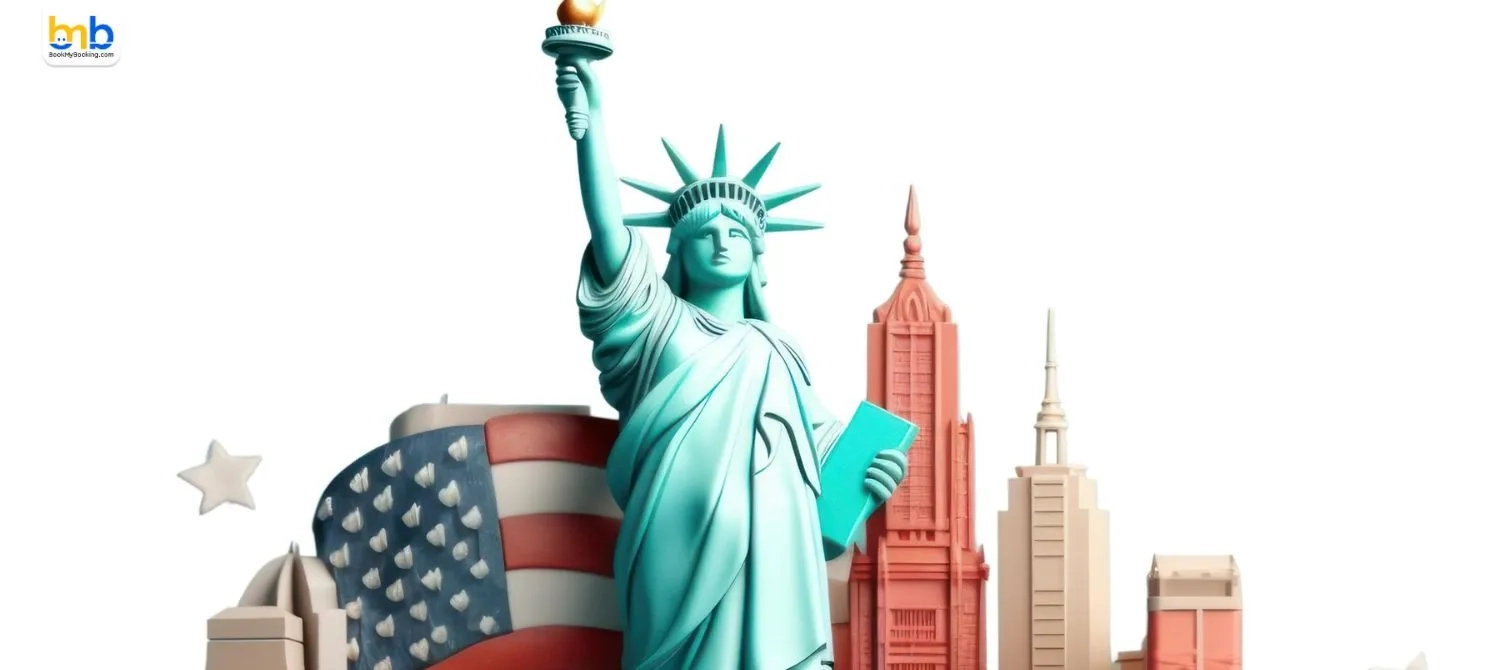A new $250 visa integrity fee has sparked a debate. The US tourism industry and Congress are in disagreement. The industry warns of potential harm to international visitors. They also warn of broader economic consequences. The fee could deter travel from key markets, such as India and Brazil. Concerns also arise regarding refund provisions and cuts to the brand USA funding.
Congress and the US tourism industry are at odds over the newly approved $250 visa integrity fee. While the Congressional Budget Office projects that it could generate approximately USD 2.7 billion annually, industry officials warn that it will deter international visitors and harm the broader economy. The CBO’s estimate is based only on direct fee collections from roughly 11 million annual applicants. However, Tourism Economics, a division of Oxford Economics, found that the fee could discourage 5.4 per cent of visitors, translating to nearly one million fewer trips each year. That would cut visitor spending, tax revenue, and jobs in the tourism sector. A CBO spokesperson told Forbes, “By Longstanding tradition, the Congressional Budget Office does not incorporate macroeconomic feedback effects into its traditional cost estimates.”
Industry representatives argue that lawmakers overlooked the impact on key markets such as India and Brazil. “Congress made the mistake of assuming that this worldwide visa integrity fee would not have a big impact on visitors from countries like India or Brazil,” Erik Hansen, senior vice president of government relations at the US Travel Association, told Forbes. He noted India is one of the biggest growing inbound markets, with Indian tourists spending USD 13.3 billion in the US in 2024. “Applying a USD 250 fee to a country where travel is growing is mind-boggling. It will absolutely deter travel, that is what our research has found,” Hansen said.
The refund provision attached to the fee is also drawing scrutiny. Under the Big Beautiful Bill, the State Department “may reimburse” the cost after the visa expires; however, most visitor visas are valid for only 10 days. “The idea that you are going to give to ask for it back even if you followed the rules is just absolutely crazy,” Hansen said. The CBO itself acknowledged that few applicants would claim refunds, and the State Department would need years to create a processing system.
The fee comes as international tourism to the US faces broader headwinds. A June report from the World Travel and Tourism Council projected the US will be the only primary market to see a decline in international visitor spending in 2025, with losses estimated at USD 29 billion. WTTC President Julia Simpson said, “While other nations are rolling out the welcome mat, the US government is putting up the closed sign.”
Compounding the challenge, Congress cut funding for Brand USA, the country’s marketing agency, from $100 million to $20 million. Hansen called the decision another error, emphasizing that the program is crucial in shaping international perceptions of the US as a travel destination.
#bookmybooking #visafee #usvisa #visapolicy #usvisaprocedure
#bookmybooking #visafee #usvisa #visapolicy #usvisaprocedure


